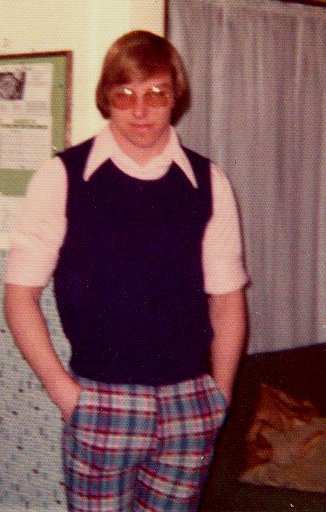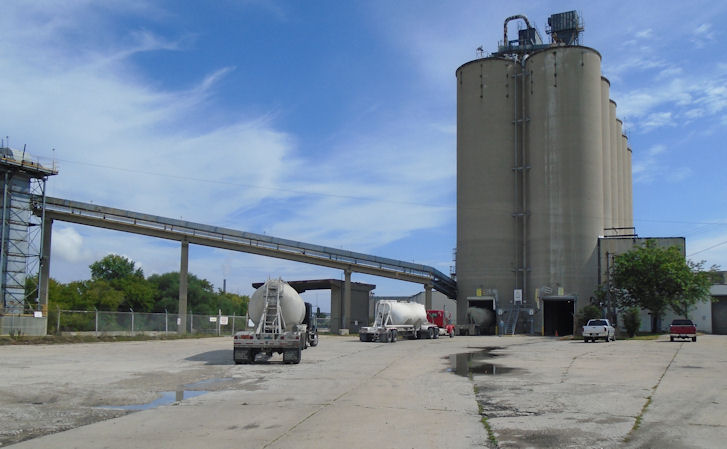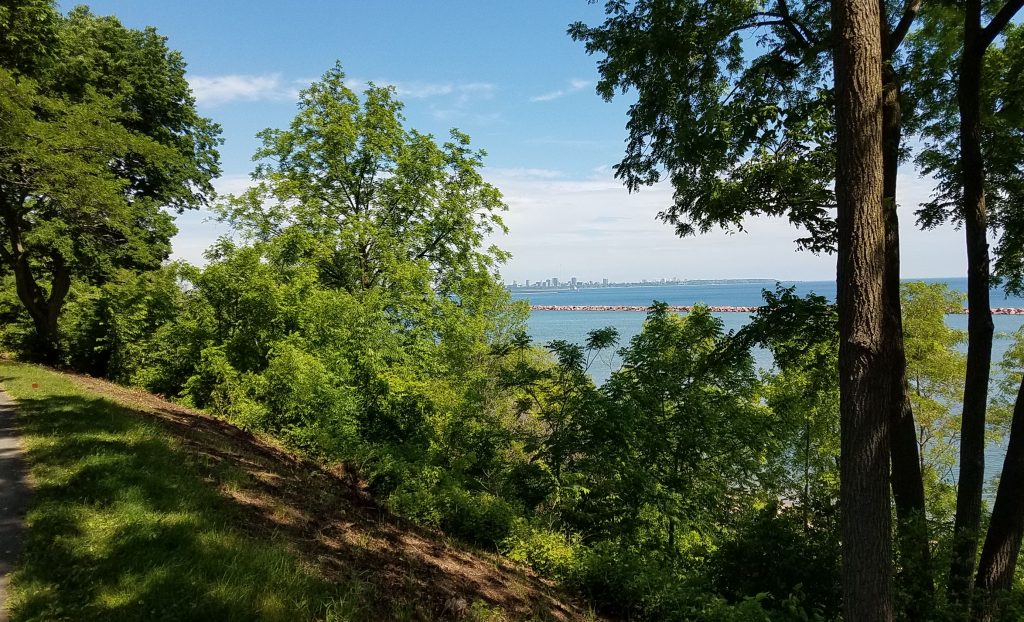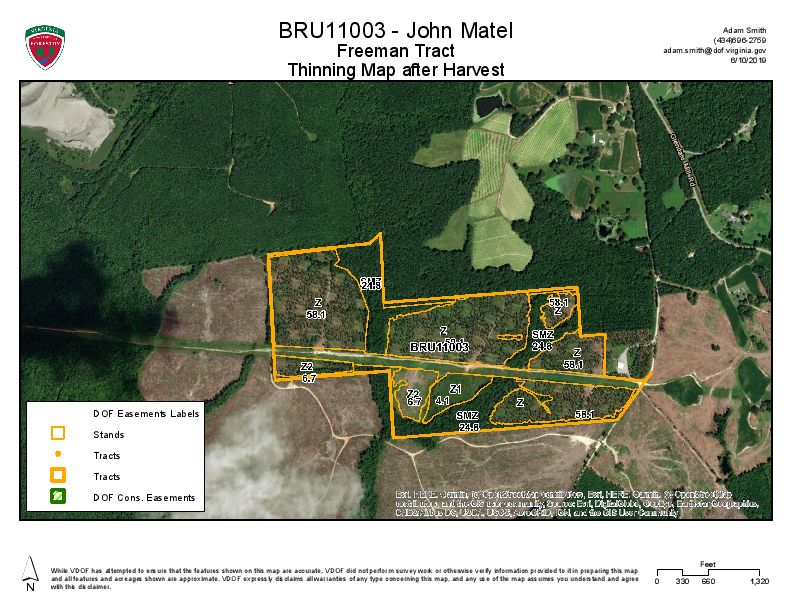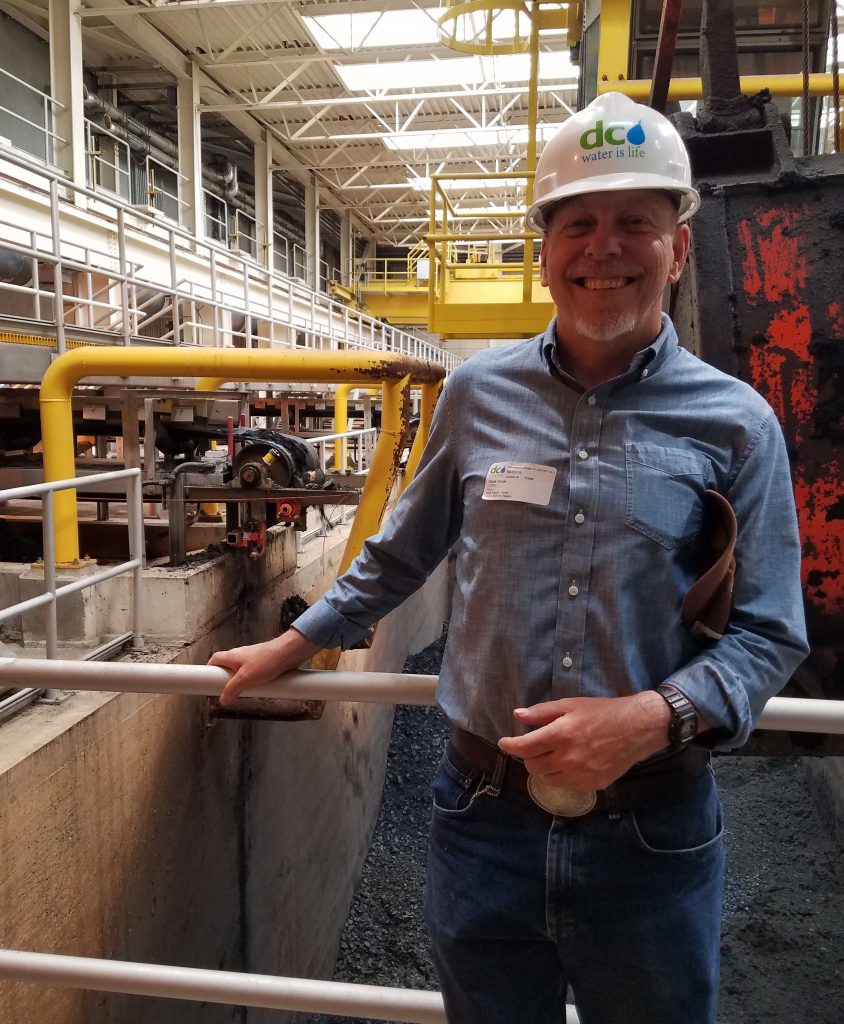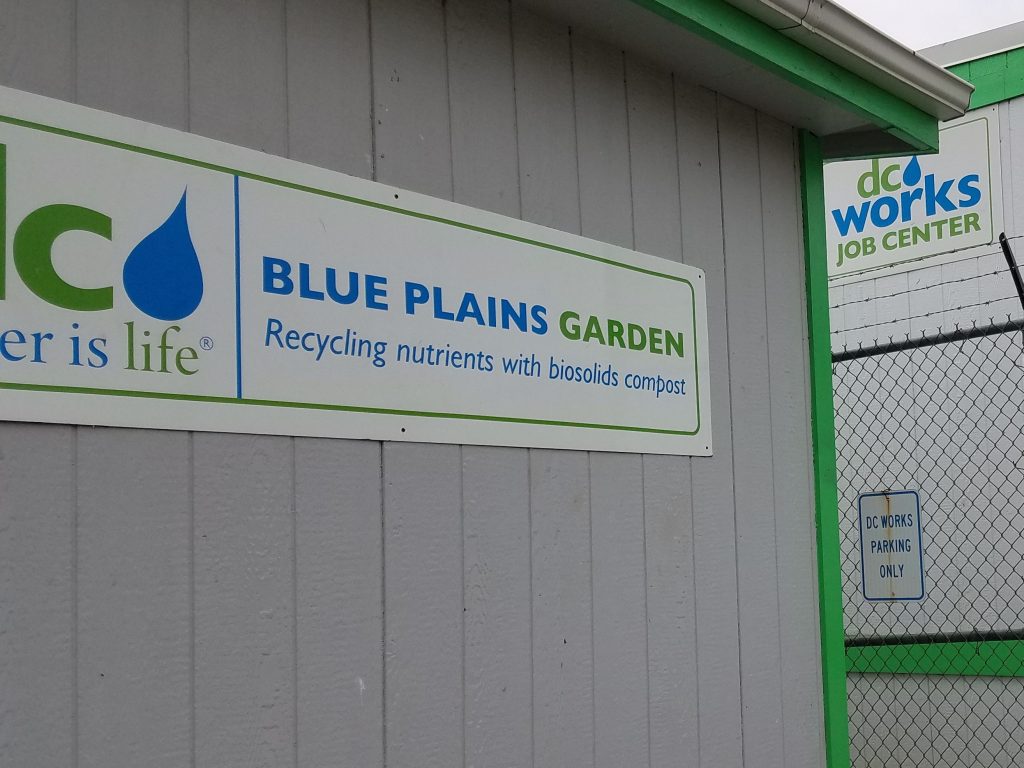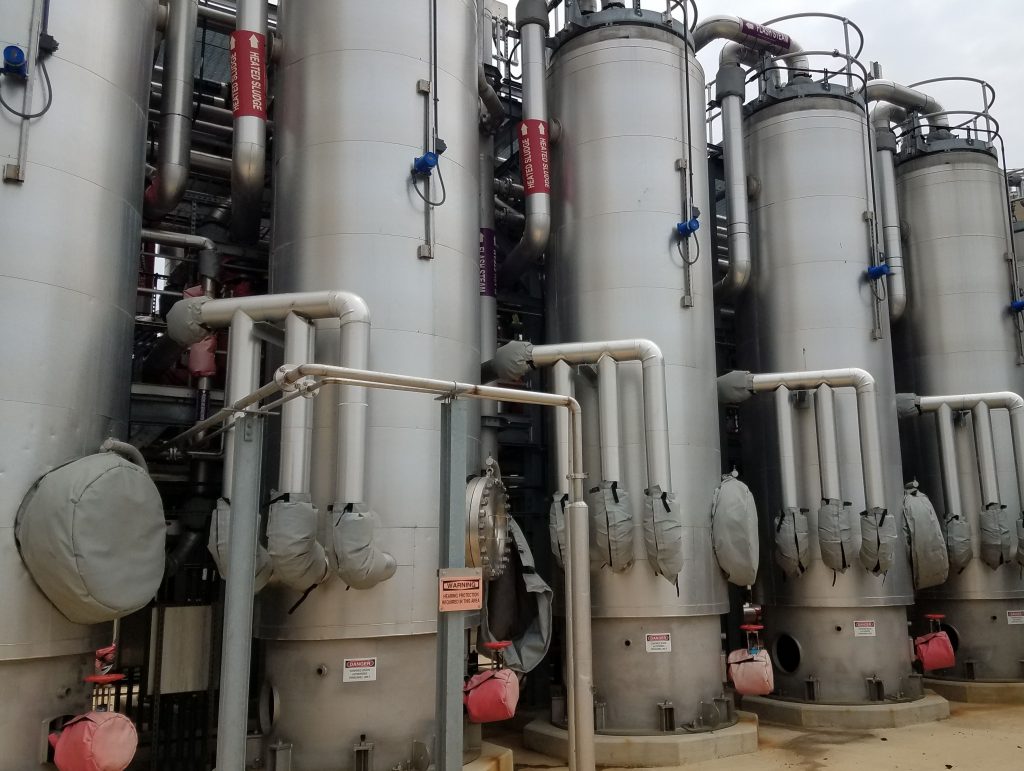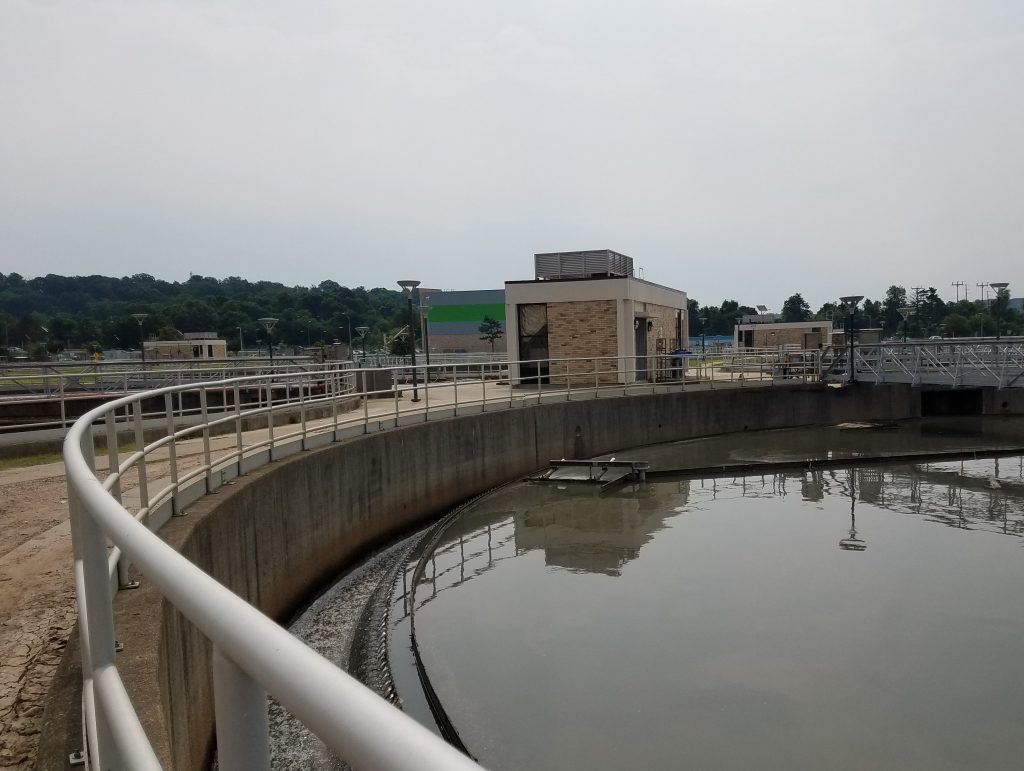I attended the Virginia Forest and Drinking Water Forum in Charlottesville today. Not sure if I learned anything truly new & significant, but it was good to get reminded of this important topic and I got to talk to a few people I know in the environmental community and meet a few new ones. You have to go to things and you often learn things that you think you knew but did not. After you learn something related to the things you knew already, you often fool yourself into thinking you knew it before.
I know that I do this because I have documented it. Sometimes I write what I think I will get out of a conference before going and then before reading what I wrote I write again what I thought I knew. It is enlightening. The easiest person for us to fool is ourselves.
Clean water is a forest product, and forests are the best ways to protect our water supply. One of the most famous examples of “green infrastructure” involved New York City’s water supply. Years ago, NYC bought up forest land upstream and protected it from development. They still benefit. That is why I was surprised when someone brought up a study saying that it was relatively simple to purify water and that it made only a 1-2% difference in cost. As I thought about it, I considered that the study may be true but that it missed the point. You can purify drinking water, but clean water is more than just what you drink after it is processed. I think the study is one of those that knows the price of everything but the value of nothing. Anyway, I just decided to dismiss it. Lots of studies say lots of things and if they think the only value of a forest is what they can put a price on, they are full of crap.
Among the speaker was a representative from Miller-Coors. They brew that beer in the Shenandoah Valley, near Harrisonburg. He credited the Coors family with a love of quality beer and a love of nature. He quoted the Coors patriarch as saying, “This is the best beer that I have ever made, but not the best that I will ever make.” Miller-Coors has their own waste treatment plant and they support clean water in Virginia and wherever they sell beer.
In Virginia they make Coors Lite, Miller Lite & Blue Moon. The ordinary Coors is made only in Colorado. I don’t like the Lite products. The ordinary Coors is my favorite to drink down on the farms, when I am working in the heat. It is a “lawn mower” beer, not one you drink in the evening.
I had a good discussion with Justin Barnes about land ethics and wilderness, what that means. Both of us are tying to figure this out. He may succeed. I am sure that I won’t. Or let me explain more precisely, I think that I am coming to an understanding of the land ethic, but that I will never be able to put it into words that I can explain to others. The trite but true idea is that it is the journey and not the destination.
Anyway, I enjoy these conferences. I think I learn a few new things and support the things I know already.

